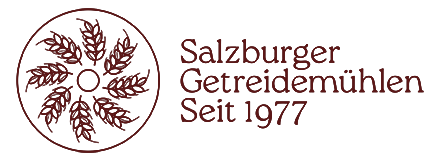What our body needs every day to stay healthy and fit is composed of a wide variety of carbohydrates, proteins, vitamins, minerals, fats, and so on. The important thing here is the quantity. So too much or too little of something can cause deficiency symptoms or maybe even make you sick.
The first – and one could say the most important – point is to drink enough. Drinking 1.5 to 2 liters of water, herbal or fruit teas a day is very important. In contrast, highly sugary juices or soft drinks should be avoided or drunk only infrequently. In any case, you should eat whole grain products, whether a few slices of whole grain bread for breakfast or a portion of whole grain pasta for lunch. Vegetables and fruits also contain valuable vitamins and are therefore also very, very important for the body. Even though the consumption of dairy products is always questioned, the following applies: if you don’t overdo it and consume milk, yogurt, etc. in moderation, then you can’t go wrong.
But what is enough for the body and should not be exceeded is about 5g of salt per day. Also three eggs and 2 to 3 times meat per week are enough and sufficient. Besides, the body also has enough with about 40g of spread or cooking fat a day.
If you are interested in learning more about whole grain flour, for example which vitamins and minerals it contains and what is left in white flour, then this article is just right for you: Vitamin B1 contained in whole grain flour promotes metabolism.
Source:
Münzing-Ruef, I. (1999): Kursbuch gesunde Ernährung. The kitchen as a pharmacy of nature. Munich: Zabert Sandmann GmbH, p. 415
Address:
Gasteigweg 25,
5400 Hallein
Austria
Opening hours:
Monday to Thursday: 09 – 16:00
Friday: 09 – 12:00
Contact:
Phone: +43 6245 83282
E-mail: [email protected]
Address:
Gasteigweg 25,
5400 Hallein
Austria
Opening hours:
Monday to Thursday: 09 – 16:00
Friday: 09 – 12:00
Contact:
Phone: +43 6245 83282
E-mail: [email protected]

